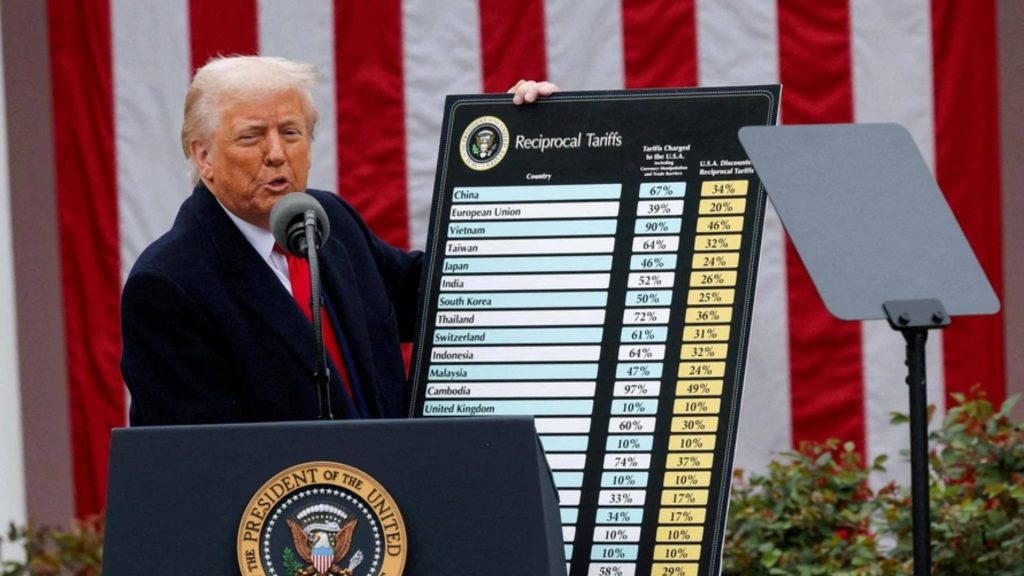Now Reading: MRNA Vaccines: Key Facts Amid RFK’s Recent Claims
-
01
MRNA Vaccines: Key Facts Amid RFK’s Recent Claims
MRNA Vaccines: Key Facts Amid RFK’s Recent Claims

Quick Summary
- Claim by US Health Secretary: robert F Kennedy Jr announced a $500 million cut in funding for mRNA vaccine growth, citing the alleged lack of effectiveness of such vaccines against respiratory diseases like COVID-19 and flu.
- Scientific Evidence on mRNA Vaccines:
– mRNA COVID-19 vaccines demonstrated over 90% effectiveness against symptomatic infections and higher protection against severe disease.
– Combined mRNA flu-COVID vaccine outperformed conventional flu vaccines in people over age 50 during recent trials.
– While respiratory viruses mutate frequently, making lifelong protection challenging, efficacy levels are comparable or superior to other types of vaccines like non-mRNA flu shots (20%-60% effective).
- Kennedy’s Focus on Universal Vaccines: He suggested shifting funds toward platforms targeting unchanging viral structures; however, decades-long efforts in universal vaccine development have largely failed. notably, mRNA technology itself has been applied to experimental universal vaccines.
- Other benefits of mRNA Technology:
– Faster production timelines amid rapidly mutating viruses during pandemics.
– Lower cost compared to protein-based vaccines and safer than virus-based ones.
– Versatile applications beyond infectious disease prevention.
indian Opinion Analysis
Kennedy’s claims about limited efficacy undermine substantial evidence supporting the innovative contributions of mRNA technology. Scientific consensus shows these vaccines provide high-level protection for fast-mutating respiratory diseases where other approaches fall short.The proposed funding cuts risk slowing down advancements in crucial healthcare tools at a time when adaptability is critical due to evolving pathogens.
For India, which has relied heavily on global partnerships for vaccine production and adoption during the pandemic (including both Covaxin and covishield), reductions in investment for groundbreaking technologies like mRNA could affect future access to advanced medical solutions. Given India’s ongoing challenges wiht viral outbreaks across large populations, it would be prudent for policymakers hear to monitor these developments closely while exploring methods that ensure scalable deployment of next-generation vaccine strategies.




























